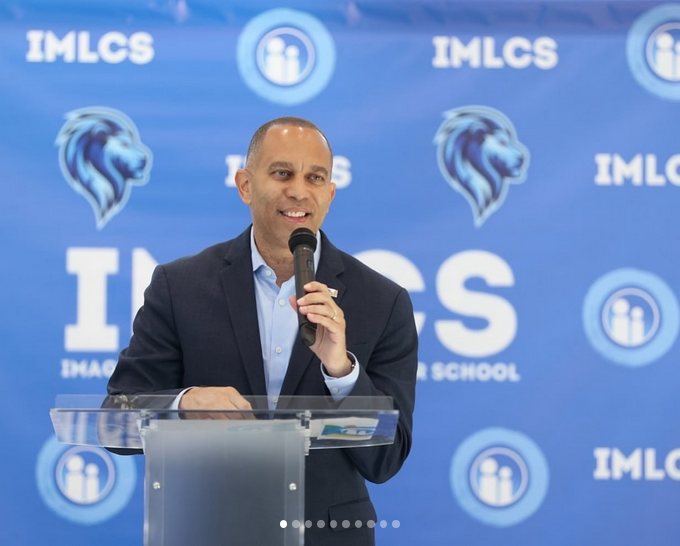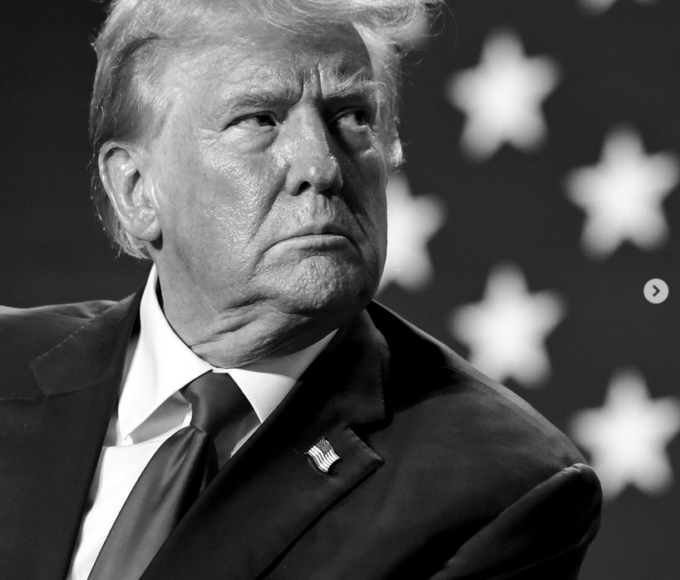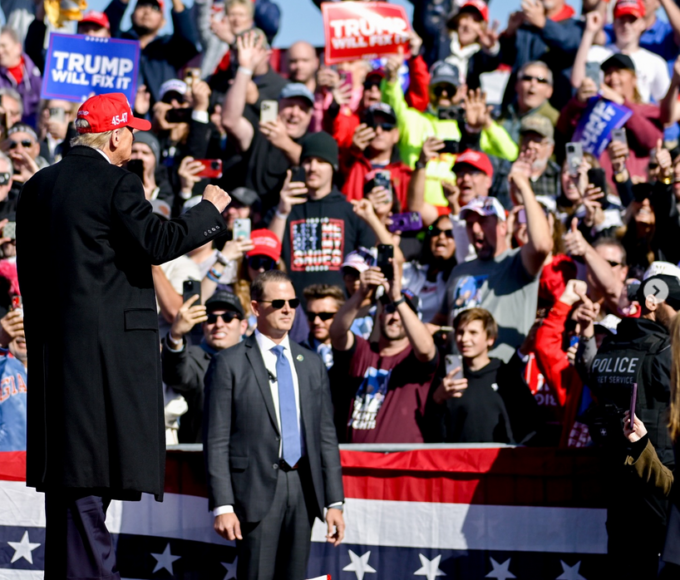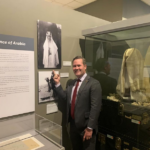THE capitals of countries can be compared to a well-appointed drawing room which indicates the level of maturity or lack thereof. Unfortunately, a visitor to Delhi would conclude that the capital city of India is largely akin to a slum. Why is Delhi turning into a slum? The answer is simple: the rulers of Delhi lacked the vision to develop it into a world-class capital city. For the past 68 years, the de facto boss of Delhi has been the Home Minister. And the Home Ministers have never had any idea of Delhi and its problems. They hailed from different states and worried more about their home states. Most of them never even went beyond Lutyens’ Delhi and were not really concerned about the gravity of Delhi’s problems. Developing a capital city requires expertise in town planning and governance. That is not a mandate of the Home Ministry. Significantly, Delhi was not a slum in 1911 when the British decided to shift the capital from Calcutta to Delhi. The mushrooming of illegal colonies, vehicles, jhuggi-jhopri clusters and unauthorised structures on roads has added up to create havoc, and today appears unmanageable.
The principal agents of governance in Delhi are the DDA, MCD, NDMC, Cantonment Board and Delhi Police. Each functions autonomously and reports not to the Delhi government but to the Central government through the Lieutenant Governor. This is how it has remained under the Home Ministry. The way Chief Minister Arvind Kejriwal wants to administer Delhi indicates he is tacitly demanding statehood with full control of all institutions. Will the ruling dispensation declare Delhi a full-fledged state? It seems a remote possibility. How long will the Central government’s confrontational politics with Kejriwal go on? The common man is suffering, and the civil servants of Delhi are demoralised.
Section 239 AA 3(c) of the Constitution states that if any provision of law made by a Legislative Assembly is repugnant to any provision of law made by Parliament, the latter shall prevail. And nothing prevents Parliament from enacting a law amending/repealing a law passed by the Assembly. The provisions of the Government of National Capital Territory (GNCT) of Delhi Act, 1991 are most revealing. Section 22 states that legislation on financial matters—taxes and expenditure—requires the consent of the Lieutenant Governor. Section 41(2) states that the decision of the LG is final, whether the matter calls for his discretion or not. And when decisions are taken, according to Section 52, the Delhi government is merely a proxy for the Centre—all contracts are an exercise of the executive power of the Union, and all suits/proceedings shall be instituted by or against the Government of India.
The capital of the United States, Washington, DC, was created in 1791 as a separate district under the exclusive control of the federal government. The administration of London is formed of two tiers—a city-wide, strategic tier and a local tier. City-wide administration is coordinated by the Greater London Authority (GLA), while local administration is carried out by 33 smaller authorities. The GLA consists of two elected components: the Mayor of London, who has executive powers, and the London Assembly, which scrutinises the mayor’s decisions and can accept or reject the mayor’s budget proposals each year. Governance models of the world’s capitals are available in abundance. The central government has to take a call on what it wants and what kind of governance model the capital of India needs. If the decision is not taken soon, Kejriwal will build up Delhi as a politically potent tool. In the process, Delhi will lose its shine and Kejriwal will shine on his political voyage. The development of Delhi will remain lost in the scrum of politicians fighting for their own ends.
Anil Tyagi
editor@gfilesindia.com





























































